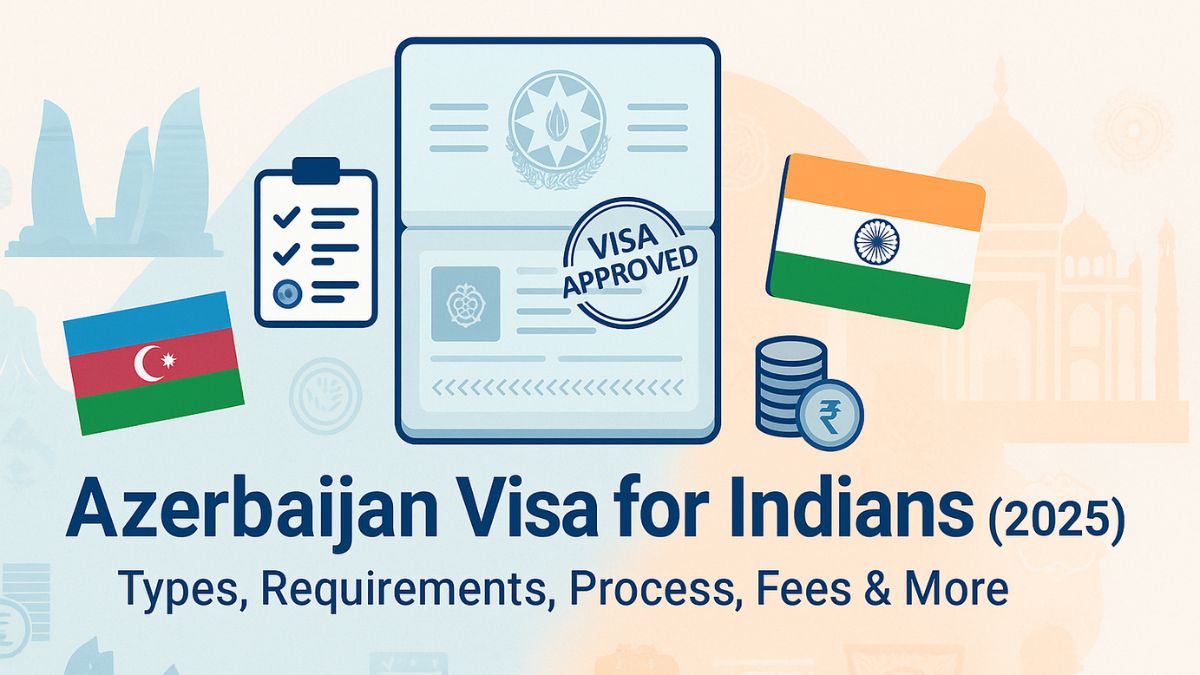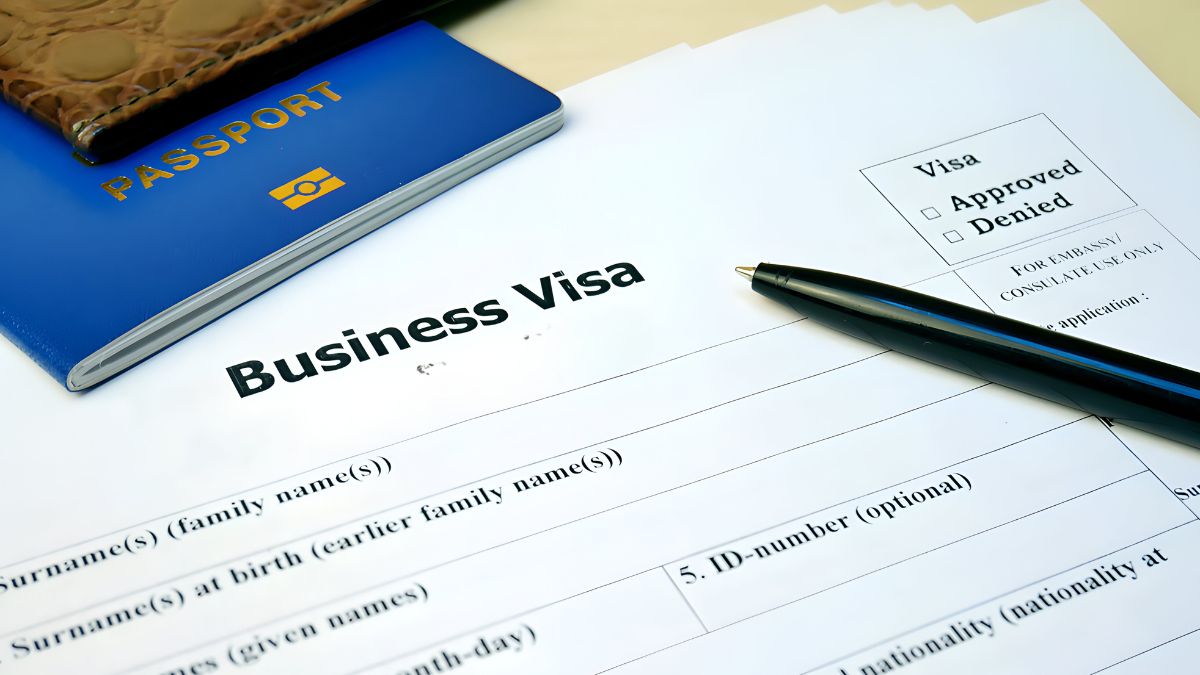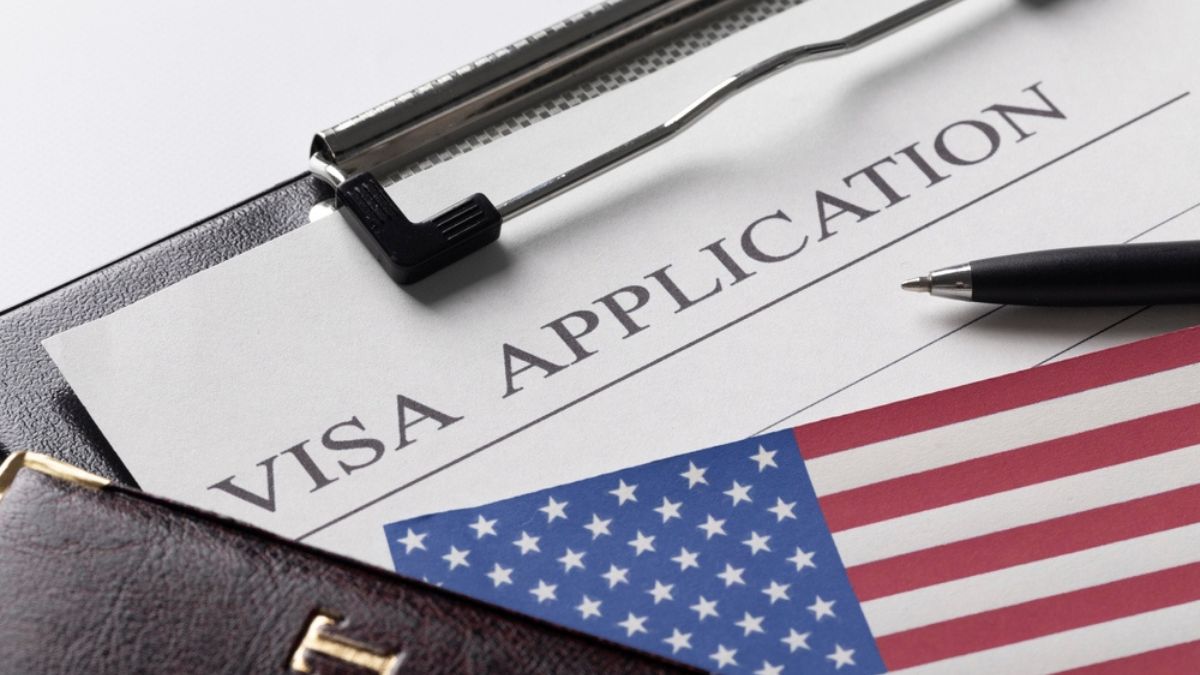
- December 19, 2024
- Heisenberg
- 0
Applying for a business immigration visa can be a complex and time-consuming process, but it’s a crucial step for entrepreneurs, investors, and professionals seeking to expand their business ventures internationally. Whether you plan to start a new business, invest in an existing enterprise, or relocate as a key employee, understanding the steps involved can make the process smoother and more manageable.
From gathering the necessary documentation to meeting eligibility criteria, each stage of the application requires careful attention to detail. In this guide, we’ll walk you through the essential steps to apply for a business immigration visa, ensuring you have a clear roadmap toward achieving your international business goals.
Step 1: Determine Your Visa Type and Eligibility Criteria
The first and most crucial step is to identify which type of business immigration visa aligns with your goals and circumstances. Countries offer various visa programs tailored to specific business activities, such as investor visas, entrepreneur visas, self-employment visas, or corporate transfer visas.
To determine your eligibility, assess your background, business experience, financial capacity, and the specific requirements of your chosen visa category. For instance, investor visas typically require a significant financial investment in the host country, while entrepreneur visas focus more on a solid business plan and proof of sustainable growth potential.
Each country will have its own set of criteria, including age limits, minimum investment thresholds, language proficiency, and business plan expectations. Be sure to research the specific requirements for the country where you intend to apply.
Step 2: Gather Necessary Documentation
Once you’ve identified the appropriate visa category, the next step is to compile the required documentation. This typically includes a mix of personal, business, and financial records that verify your eligibility and ensure transparency throughout the application process.
Personal Documents:
- Valid passport
- Proof of financial stability (bank statements, tax returns, or proof of income)
- Educational and professional qualifications (certificates, resumes, or CVs)
- Proof of any prior business ownership or management experience
Business Documents:
- A detailed business plan outlining your goals, objectives, and how your venture will contribute to the host country’s economy
- Financial projections, including budgets, revenue forecasts, and funding sources
- Proof of ownership or partnership documents, if applicable
- Market research demonstrating demand for your product or service in the target country
Legal Documents:
- Proof of compliance with local regulations
- Letters of recommendation or endorsements from business associates, investors, or professionals
- Any required licenses or permits needed to operate a business in the host country
Carefully review the requirements for your specific visa category, as missing or incomplete documentation could delay the process or result in denial.
Step 3: Prepare and Submit a Comprehensive Business Plan
For many business immigration visas, especially entrepreneur visas, a well-prepared business plan is a critical component of your application. The business plan should outline your company’s mission, objectives, strategy, and financial projections.
Key Elements of a Business Plan:
- Executive Summary: A concise overview of your business concept and goals.
- Business Description: Information about your product or service, target market, and competitive landscape.
- Market Analysis: Detailed research on your industry, including potential customers, competitors, and market demand.
- Financial Projections: Budget forecasts, cash flow projections, and funding needs.
- Operational Plan: Details on how your business will be managed, including staffing, operations, and location details.
- Long-term Strategy: Information on how the business will contribute to the host country’s economy and job market.
Submit your business plan along with other required documentation to ensure a complete and convincing application.

Step 4: Submit the Visa Application
Once your documentation and business plan are ready, it’s time to submit your application. The submission process varies depending on the country but generally includes online applications, payment of application fees, and submission of physical documents if necessary.
Online Applications:
- Most countries now offer online portals for visa applications, streamlining the process.
- You’ll typically need to create an account, fill out detailed forms, and upload the required documents.
In-Person Submissions:
- Some countries may require in-person interviews or submission of physical documents at designated consulates or embassies.
- Be prepared for potential travel if needed, especially if biometric information or additional documentation is required.
Ensure that you follow all submission guidelines, adhere to deadlines, and pay the necessary fees to avoid delays in processing.
Step 5: Attend Any Required Interviews
Depending on the visa type, you may need to attend an interview with immigration authorities. This step is more common for visas that require personal verification, such as investor, entrepreneur, or corporate transfer visas.
During the interview, you’ll be asked to discuss your business plans, qualifications, and how your proposed business will contribute to the host country. It’s essential to prepare thoroughly by revisiting your business plan, financial projections, and any key points from your application.
Interviews typically assess:
- Your knowledge of the business sector in the host country
- Your ability to meet the visa requirements
- Your understanding of local regulations and business practices
Step 6: Wait for Visa Approval
After submitting your application and attending any required interviews, you’ll need to wait for the processing to be completed. The duration varies depending on the country and visa category.
During this period, it’s important to monitor your application status through official channels and be prepared to respond to any requests for additional information or documentation from the immigration authorities.
Step 7: Prepare for Your Relocation and Business Operations
If your visa is approved, you’ll be granted permission to relocate and begin your business operations in the host country. At this stage, ensure that you’ve accounted for all the logistical details, including housing, business registration, and any legal obligations.
Additionally, familiarize yourself with local laws, taxes, and regulations related to operating a business in your new location. Understanding these factors will help ensure a smooth transition and long-term success.
Conclusion
Applying for a business immigration visa is a detailed process that requires careful planning and attention to detail. By following these steps, from identifying the right visa type to preparing a comprehensive business plan and gathering the necessary documentation, you’ll be better equipped to navigate the application process.
If you’re considering expanding your business internationally, take the time to research and ensure all requirements are met. For further information on business immigration visas and other travel-related topics, visit our blog.



















